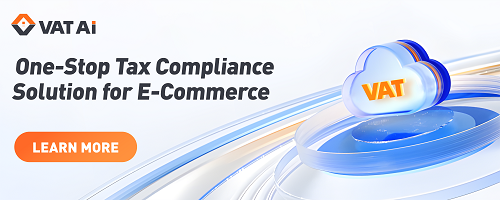Summary
Electricity, gas, water (both cold and hot water) and heating are goods of such a nature that they can be provided separately from the property rental if the landlord charges the tenants for their individually measured consumption.
A landlord’s rental of property to tenants is, as a general rule, exempt from tax and covers the supply of electricity, gas, water or heat to the tenants if such utilities are included in the property rental as subordinate supplies.
When a landlord charges his tenants separately for the supply of electricity, gas, water or heat and charges for each tenant’s actual consumption, it is a separate transaction that is separate from the letting of the property. The tenant is then considered to request the supply of electricity, gas, water or heating separately in addition to access to the property. The landlord’s provision of such goods is then a separate and taxable sale to the tenant. It does not affect the assessment that it is a question of a taxable supply of electricity, gas, water or heat according to individual consumption if the landlord transfers certain costs to the tenants, such as fixed or variable ancillary costs for measuring equipment or subscriptions.
A landlord is entitled to a deduction for input tax on the purchase of electricity, gas, water or heat to the extent that such a utility is resold as a separate taxable item. There is also a right to deduct input tax on such purchases that are required for the landlord to be able to measure and charge the tenants for their actual consumption, e.g. measuring equipment or costs for subscriptions. Such costs are not justified by the functioning of a building as a dwelling but by the taxable supplies of electricity, gas, water or heat.
Electricity, water and heating systems are necessary for a building to be used for residential purposes and are thus part of the residential building. Incoming tax relating to purchases relating to such systems is therefore covered by the prohibition on deductions for permanent residence. This also applies to purchases relating to other equipment that is necessary for the building to be used for residential purposes, e.g. a boiler that is installed to produce heat in the residential building.
A landlord’s provision of electricity for charging vehicles e.g. through charging posts or charging boxes, is usually taxable. A landlord’s supply of electricity for charging vehicles can only be subordinate to the letting of property if the supply takes place in connection with the provision of such a parking space which may be subordinate to the property letting and charging does not take place according to the amount consumed according to individual measurement.
There is a right to deduct input tax on the purchase of the electricity for charging vehicles that the landlord resells as a taxable item. A charging post or charging box is connected to a building’s electrical system but is not necessary for a building to be used for residential purposes. There is therefore a right to a deduction for input tax on costs for a landlord’s purchase of a charging post or charging box, as well as e.g. costs for installation and subscriptions, to the extent that the purchases are used for taxable supplies of electricity.
The position replaces the position “A landlord’s supply of electricity, gas, water or heat; VAT ”, 21 June 2021, no. 8-1068402 . The position has been clarified due to questions that have arisen about the conditions under which a landlord’s sale of electricity for charging vehicles can be subordinate to the letting of a property.
Source: skatteverket.se















